Digital Technology And Australian Teenagers: Consumption, Study and Careers
This report describes the outcomes of the project that involved a research study with 202 students aged 12-18 years from high schools in the ACT. It explores attitudes to ICT learning, perceptions of careers in ICT, and suggestions about potential interventions by teachers and schools to increase engagement within this area.
Additional details
| Year band(s) | Foundation, 1-2, 3-4, 5-6, 7-8, 9-10 |
|---|---|
| Content type | Article or research |
| Format | Document |
| Keywords | Teenager, Survey, ICT use, Careers |
| Organisation | University of Canberra |
| Copyright | 2013 Karen Macpherson. May be subject to Copyright Act statutory licence. |
Related resources
-
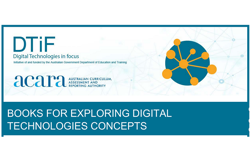
Books for exploring Digital Technologies concepts
Use these suggested books or similar to identify and discuss key concepts, key ideas and related ways of thinking about Digital Technologies.
-
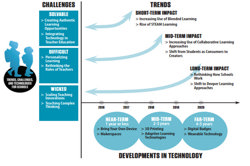
NMC Horizon Report
This report profiles the trends and key technologies and practices shaping the future of teaching and learning, and envisions a number of scenarios for that future. It is based on the perspectives and expertise of a global panel of leaders from across the higher education landscape.
-
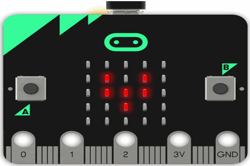
The Micro:bit Matters
In this article, Gary Stager introduces and explains the BBC micro:bit. He discusses pros and cons of the device, prices, compatible programs to use with it, resources to help understand the Micro:bit and other technological devices on the market.
-
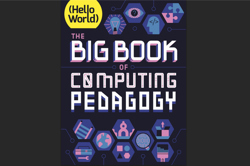
The Big Book of Computing Pedagogy
This guide focuses on approaches to teaching computing in the classroom, and includes pedagogically themed articles. It is structured around twelve pedagogical principles, originally developed by the Raspberry Pi Foundation for the National Centre for Computing Education in England.
-
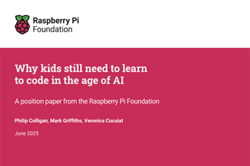
Why kids still need to learn to code in the age of AI
This report put forward evidence that even in a world where AI can generate code, we will need skilled human programmers who can think critically, solve problems, and make ethical decisions. It puts the case forward that young people need to learn to code because it is the most effective way for them to develop the mental models and fluency to become skilled human programmers.
-
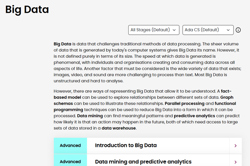
Big Data
This comprehensive online guide, provides a background on big data. This topic has information on data mining and predictive analytics.
-
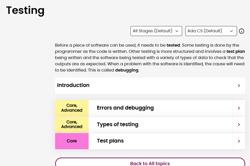
Testing
This comprehensive online guide, provides a background to testing code. This topic has information on debugging and writing a test plan.
-
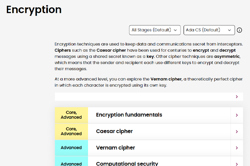
Encryption
This comprehensive online guide, provides a background to encryption.
